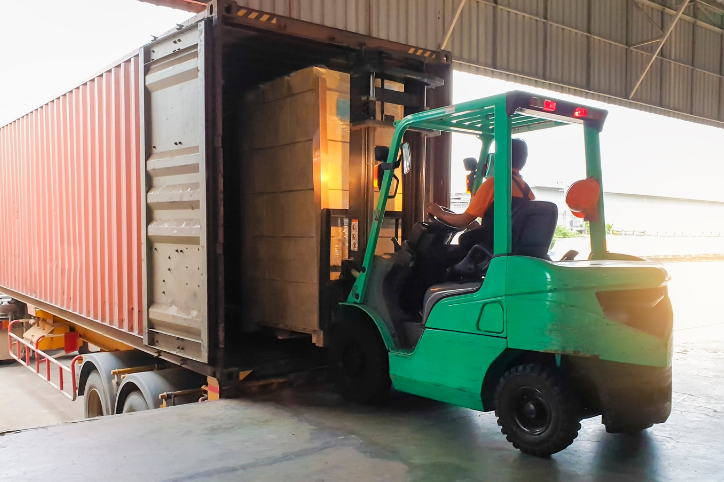
LTL Shipping Liabilities: What Your Trucking Clients Need To Know
Less-than-truckload shipping, or LTL, is a cost-effective way for trucking businesses to send smaller shipments or quantities of freight more frequently. The process works by allowing a business to combine partial loads and loads belonging to several different companies on their trucks — often referred to as “assembly service” — rather than each business having to hire an entire truck to haul one small load.
According to the National Motor Freight Traffic Association, “The benefit of LTL shipping [is that it] allows several different loads headed to the same vicinity to be combined to fill a truck or container, thereby creating economies of scale. Each shipper pays for just the space they use.”
However, a major disadvantage of LTL shipping is that it involves many touchpoints requiring the handling of goods. The greater the number of individual shipments and transfers there are, the more the goods are being handled from truck to truck — increasing the chance of freight being damaged, stolen or lost. Compared to a single full truckload, LTL shipping can substantially increase a business’s claim liability.
The following are 3 of the most common liabilities associated with LTL shipping:
1. Freight Loss
Due to the frequency of handling, transferring, and sorting LTL freight, there is an increased risk of cargo being stolen, lost or damaged. When the recipient only receives a portion of the freight expected, a shortage occurs. This often happens when the product falls out of the truck or pieces go missing.
Loss control tip: To better control damage losses, LTL shippers should take extra precautions when packing smaller freight loads and purchase additional loss insurance coverage.
2. Shipping Delays
Key factors in LTL shipping, such as the number of stops, the weather, road and traffic conditions, and accidents, can all impact delivery times and cause delays. This can result in unhappy customers and a possible liability claim situation.
Loss control tip: Shippers should exhaust every effort possible to minimize delays. This can include properly vetting LTL carriers, tracking LTL shipments online, and communicating the possibility of a delay to their customers.
3. Shipping Shortages
We’ve already covered the fact that LTL shipments are at an increased risk of damage, etc. An additional claim issue involves shortages, such as when a recipient only receives a portion of their expected freight. This can be due to an oversight when loading or when part of a shipment falls out of a truck while being unloaded.
Loss control tip: Operations should make it a practice to inspect all freight before and after loading.
Having the right insurance coverage
A recent article in Freight Waves, a leading publication for the transportation industry, noted that with more freight brokers and third-party logistics (known as 3PLs) handling LTL shipments domestically, cross-border and internationally, it is increasingly important for businesses to carry extra insurance to cover additional risk exposure.
The article goes on to mention that while motor carriers and drivers are usually responsible for paying liability claims, underinsured carriers or drivers can result in claim disputes – placing the responsibility on the freight broker or 3PL, which could have them footing the bill simply due to the carrier’s lack of coverage. In such cases, the shipper may seek compensation from the carrier. However, the amount and process of reimbursement can vary depending on the carrier’s limits of liability.
As an insurance professional serving trucking businesses, it is important to help your clients be aware of and prepare for liabilities associated with LTL shipping and to carry the right insurance to help mitigate losses. This includes motor truck cargo insurance to cover goods damaged in transport, as well as specific types of cargo contained in LTL shipments.
About Across America Insurance Services Inc.
To learn about our transportation insurance products, including motor truck cargo and how we can best serve you, our retail insurance broker client, please email marketing@acrossamericainsurance.com or call 760-302-5300.
Need to get appointed with Across America? You’re so close! Get set up to do business with us.

